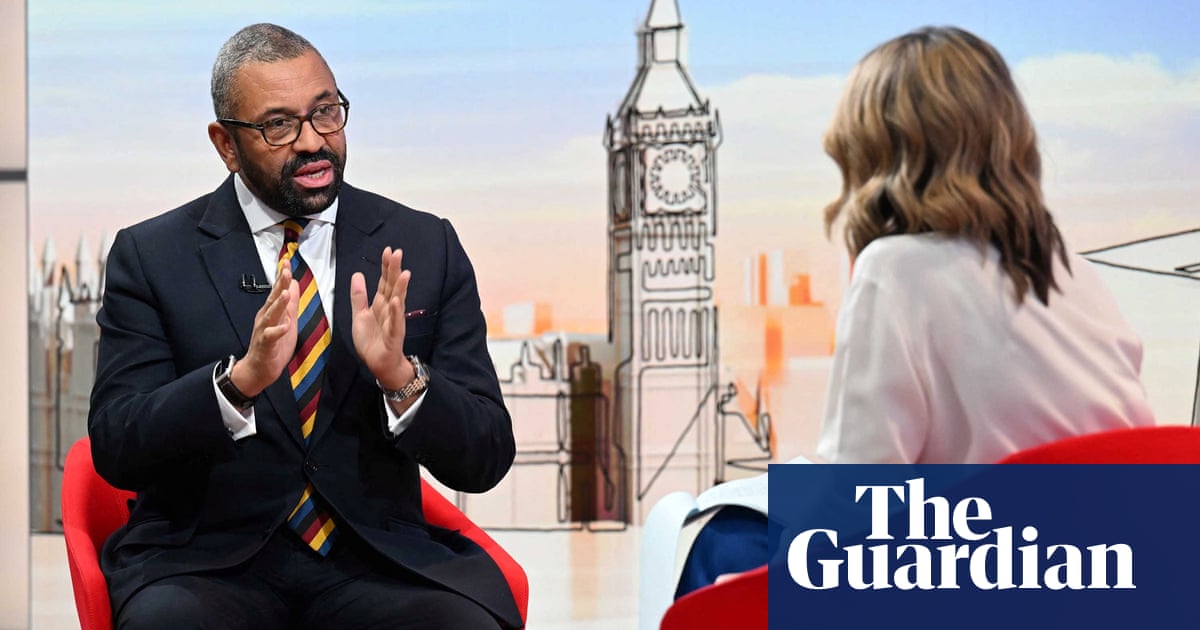- The Publisher Newsletter
- Posts
- Wednesday 18th October: “Make climate impact part of all beats”
Wednesday 18th October: “Make climate impact part of all beats”
Good morning! Today's newsletter is brought to you by Chris.
Thinking about what impact AI could have on your business or the opportunities it could provide to transform publishing? Come and join us at Mx3 AI, a new event we’re putting on with Media Makers Meet to come and learn, discover, and discuss use cases with fellow professionals.
By now it’s beyond evident that climate coverage should be a horizontal, not a vertical. It’s impacting or will impact every beat and every part of a media’s business. So it’s great to hear that the Sustainable Journalism Partnership is sharing its expertise on how to thread climate journalism into each and every beat that a paper covers. One thing that particularly stood out to me while reading was the need to focus on the stories of individuals and communities impacted, rather than drily reporting stats:
“Second, stating the obvious again, facts alone don’t help. And when it comes to climate journalism, we are kind of obsessed with 1.6 and 1.7 Degrees Celsius. We are storytellers. Good journalism is about doing compelling stories, and we seem to have forgotten that when it comes to climate journalism.”
Another key point is that good climate journalism doesn’t simply beat the public around the head with how bad things are getting. Instead of browbeating, president of the SJP Lars Tallert advocates for a positive and progressive approach to reporting on climate change. That’s what’s going to get the public on side, not recriminations.
YouTube Podcasts has arrived! If you’ve listened to our interview with Chris Stone (linked below) then you know this a potential game changer. Come chat with us about its ramifications in our community forum.
Every time there’s a violent conflict, social media companies like Meta ramp up their fact-checking operations. Then, when it’s been arbitrarily decided that the conflict is over, they purge those teams. It’s a familiar cycle — and one that I think we’re all sick of. Hard to think of a starker example of prioritising cost-reductions over responsibility to the public.
The Italian public broadcaster will have to downsize or become a government mouthpiece in order to receive the missing funds from general taxation. You can say what you like about public broadcasters — from the BBC to the RAI — but I think we can all agree it’s never good when governments seek to limit the public’s access to free-to-access news.
As Peter mentioned in yesterday’s newsletter, it’s not in the remit of Media Voices to comment on the Israel-Palestine conflict except where it intersects with journalism. There have been some appalling examples of media bias and ignorance in covering the conflict over the past few days. While I don’t truly buy that it’s the BBC’s job to anger the left and right equally, I do think this speaks to the impossible challenge the corporation faces whenever it covers a conflict that is ideological as well as military in nature.
More from Media Voices



/cloudfront-us-east-2.images.arcpublishing.com/reuters/IKDQVZSDQZPTTGUYNG2XAITBBQ.jpg)


